Which city in Cyprus should I live in?
This is a question that every expatriate asks. The largest population centres are Nicosia, Limassol, Larnaca and Paphos. The cost of living in each of these areas varies considerably. However, according to statistics, the cheapest place to live today is Paphos and the most expensive is Limassol (although this is obvious to anyone without statistics!).
In between are Nicosia and Larnaca. Taking into account the rent, a family in Limassol needs on average at least 4,000 euros per month to live comfortably, and in Nicosia - 3.2 thousand euros. A family living in Larnaca needs 2.8 thousand euros to enjoy the same benefits as residents of Paphos, who spend 2.6 thousand euros per month. Buying a house is cheapest in Larnaca and renting in Paphos. However, the cheapest restaurants and supermarkets are in Nicosia.

In general, as you may have noticed, the cost of living in Cypriot cities today cannot be described as democratic. However, this disadvantage is outweighed by numerous advantages: wonderful climate, excellent ecology, wonderful food, affordable and quality education for children, favourable conditions for business, low taxes and so on. And let us not forget that Cyprus is a member of the EU. This means that the island is experiencing stable growth in all areas of life. From politics to security.
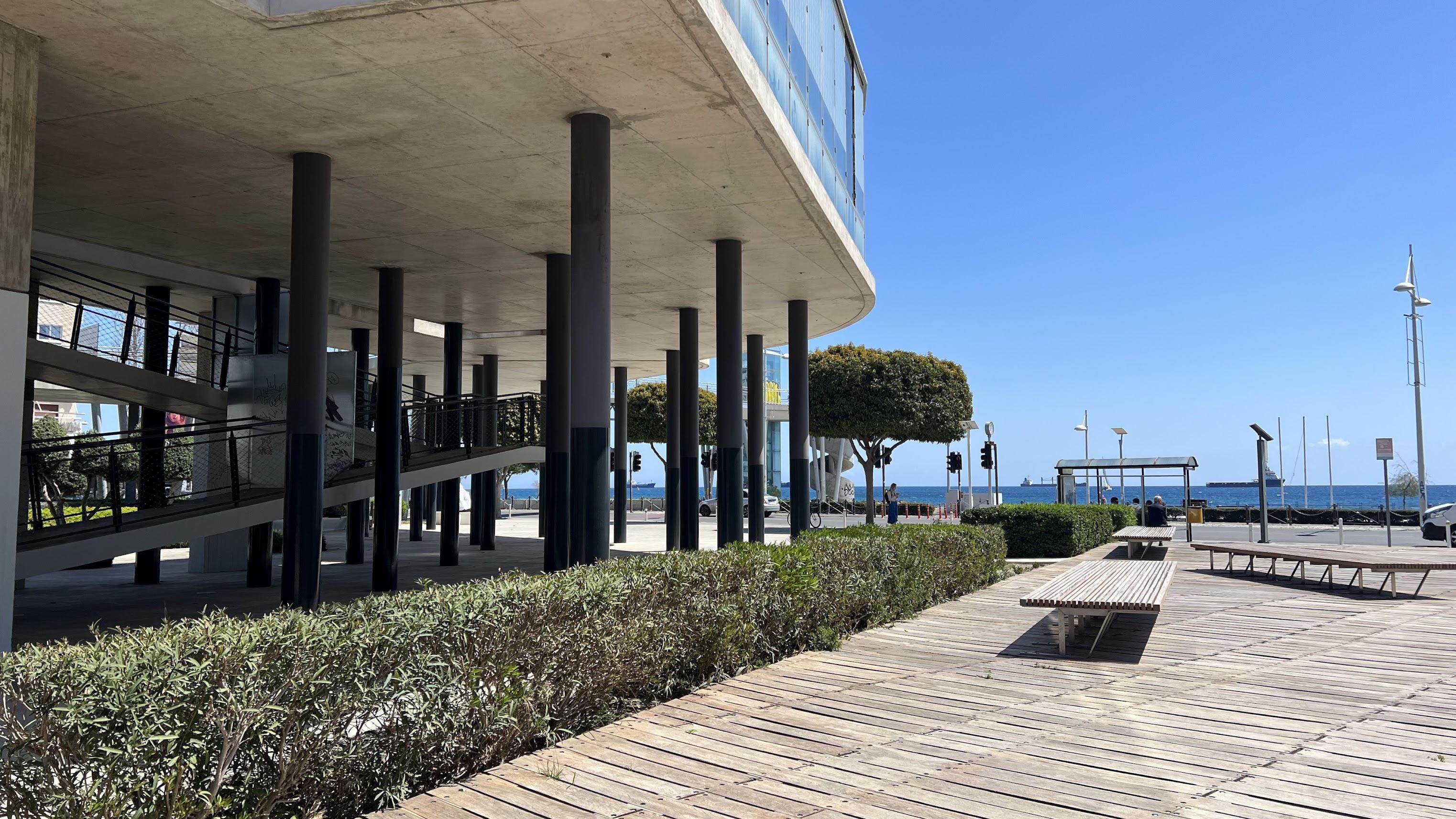
Pros and cons of living in Cyprus
Like any other country, Cyprus has its pros and cons for newcomers. Some of the main advantages are
- Food - the island has a well-developed agricultural sector that provides affordable goods for residents and also works to export to Europe. Local cheeses, yoghurts and milk, vegetables and fruit, and olive oil are of high quality. In general, it is not difficult to find good food.
- Climate and ecology - The weather and the large number of sunny days per year are good for the health of the locals. The coast of Cyprus is dotted with well-kept and clean Blue Flag beaches. Cyprus' climate and environment often attract Europeans to retire to the country.
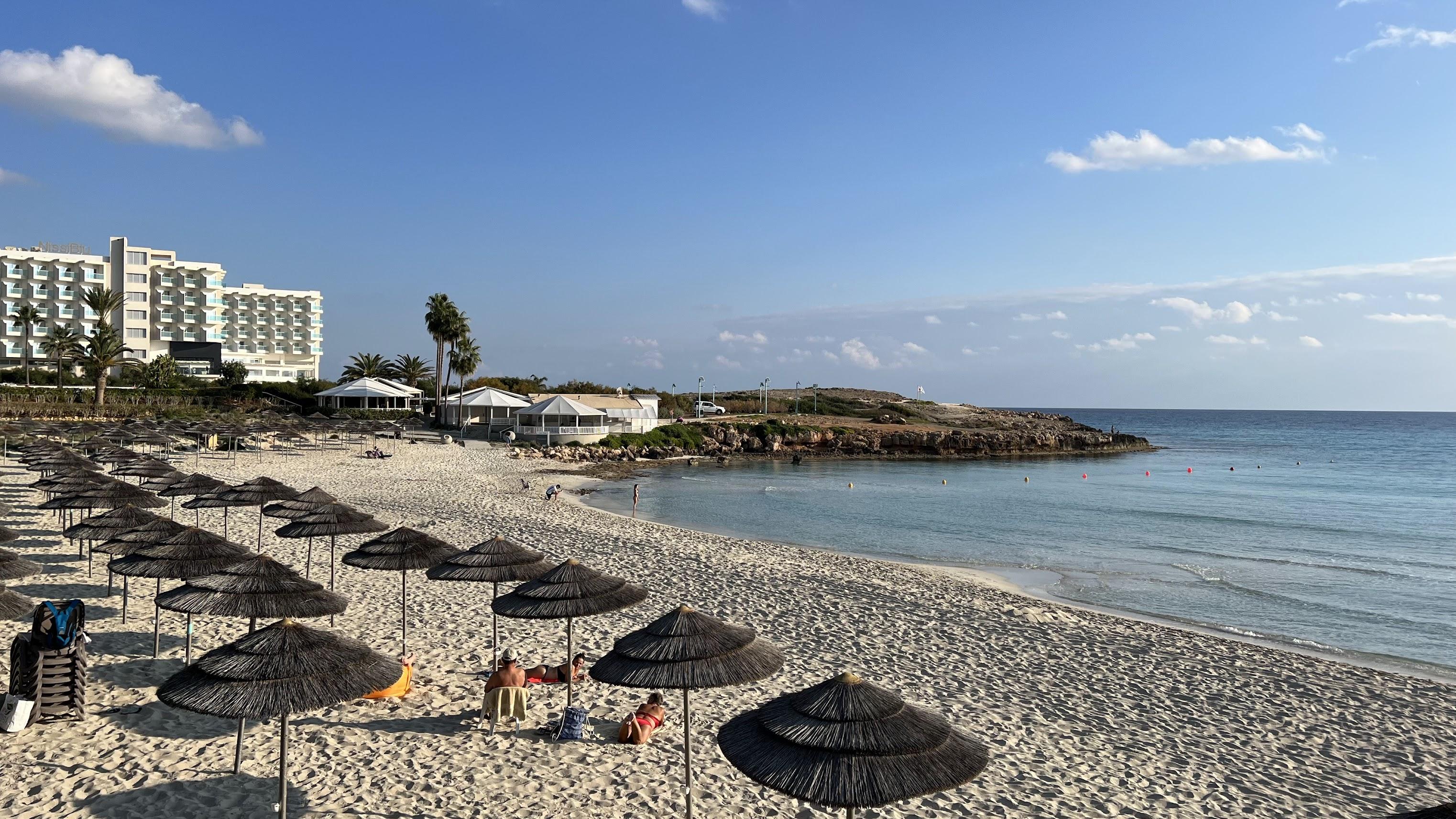
- Medicine - Cyprus has a well-developed network of hospitals and polyclinics as part of the public health system, which allows all insured persons to use the services of doctors. Monthly deductions are made from employees' salaries into a special fund for this purpose. There are also networks of private clinics that provide paid medical care to indigenous people, residents and tourists.
- Education - Children in the country, regardless of nationality, have the right to use the current education system from the age of 4. Foreigners who speak Greek can enter local universities on a competitive basis and study for free. On completion of their studies, graduates receive EU-style diplomas, which are quoted worldwide.
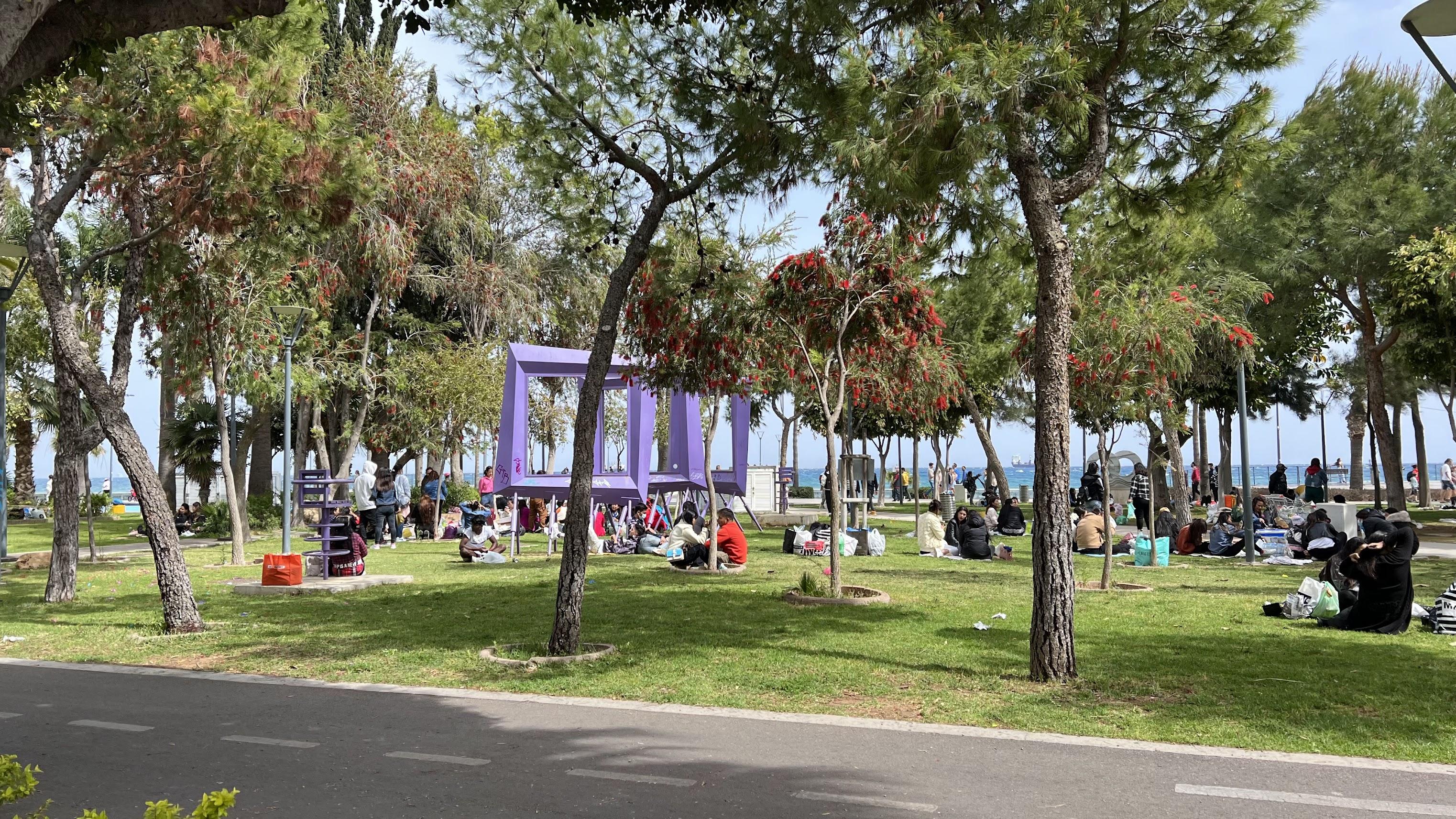
Cons of living in Cyprus:
- Language - the Greek alphabet is one of the most difficult in Europe, so not everyone can master it. However, in recent years there has been a significant increase in the number of people wishing to learn Greek. The impetus for many has been the new citizenship rules. However, if you are not aiming for a Cypriot passport, you will need a basic knowledge of English in order to deal with most issues relating to rent, banks and government offices.
- Employment - Cyprus has a high unemployment rate, so foreigners should look for a job in advance or save for the first time after moving. The minimum wage increases every year, but the number of vacancies does not.
- Bureaucracy - Cyprus does not have a widespread system of digital government services and many certificates and statements are still paper-based. Reporting or bookkeeping in this environment is not easy, especially without knowledge of the local language and legislation.

- Constant flow of tourists - Much of Cyprus' GDP is supported by the operation of hotels, restaurants, cafes and the leisure sector. There is a year-round flow of tourists to the island, which creates its own difficulties for permanent residents and citizens. As a result, some foreigners choose to settle in quieter areas away from the coast.
- Cost of Living - Compared to other European countries, food, housing and utilities are more expensive in Cyprus. Many locals on minimum wage admit that they are unable to support themselves and lead a normal lifestyle.

What salaries are here in Cyprus?
Cyprus is attractive to foreigners looking for a good salary. Strange as it may sound, the level of income is influenced by the part of the island where you find work. Cyprus has a well-developed tourism industry, service sector and there are many companies on the island that specialise in IT technologies. According to Cypriot statistics, the average monthly income for men is around €2,000 and for women around €1.9. It is also worth noting that the salary of one in three working residents of Cyprus does not exceed 1,000 euros, and migrants earn even less. The minimum wage at the beginning of 2024 was 940 euros. During the recruitment process, applicants are informed of their total monthly income, including taxes. The highest monthly income is observed among representatives of the following professions: air traffic controllers, doctors, members of parliament and IT specialists. Their salary can reach:
- Air traffic controllers - 11 thousand euro,
- Doctors - 9.5 thousand euro
- Members of parliament - 4 thousand euros
- IT specialists - 10 thousand euros.
But how much money do you need for a comfortable life in Cyprus?
The total amount depends on several factors: the city of residence, the number of people in the family and their wishes. I have decided to make a small estimate of the main expenses in the most popular city on the island - Limassol. First of all, let's find out what locals and visitors spend most of their money on. I've come up with a pretty impressive list:
1. renting accommodation: 1-bedroom flats from 800 euros, 2-bedroom flats - from 1200 euros, 3-bedroom flats - from 1500 euros and up. You have to bear in mind that the price of property in the city increases like the number of street cats.
2. Utility bills (for a 2-bedroom apartment):
- Electricity from 140 euros (bill comes every two months);
- Water from 90 euros (bill comes once a quarter);
- Internet from 25 euros per month;
- Rubbish collection from 120 euros per year (depending on the area);
- Common expenses from 50 euros per month (cleaning, landscaping, pool cleaning, minor repairs, etc.).
3. food: from 50 euros per person per week, if you only buy what you need in the shops.

4. education:
- Private English kindergarten from 370 euros per month, Russian - from 650 euros for a full day;
- Public primary school from 6100 euros per year;
- Greek state kindergartens from 50 euros a month, schools - free;
- Clubs from 50 euros per month.
5. Medicine:
- Doctor's visit from 50 euros,
- X-rays - from 80 euros,
- Analyses - from 20 euros;
- Treatment of 1 tooth - from 100 euros;
- Hospital stay (excluding the cost of treatment) - 175 euros per day.
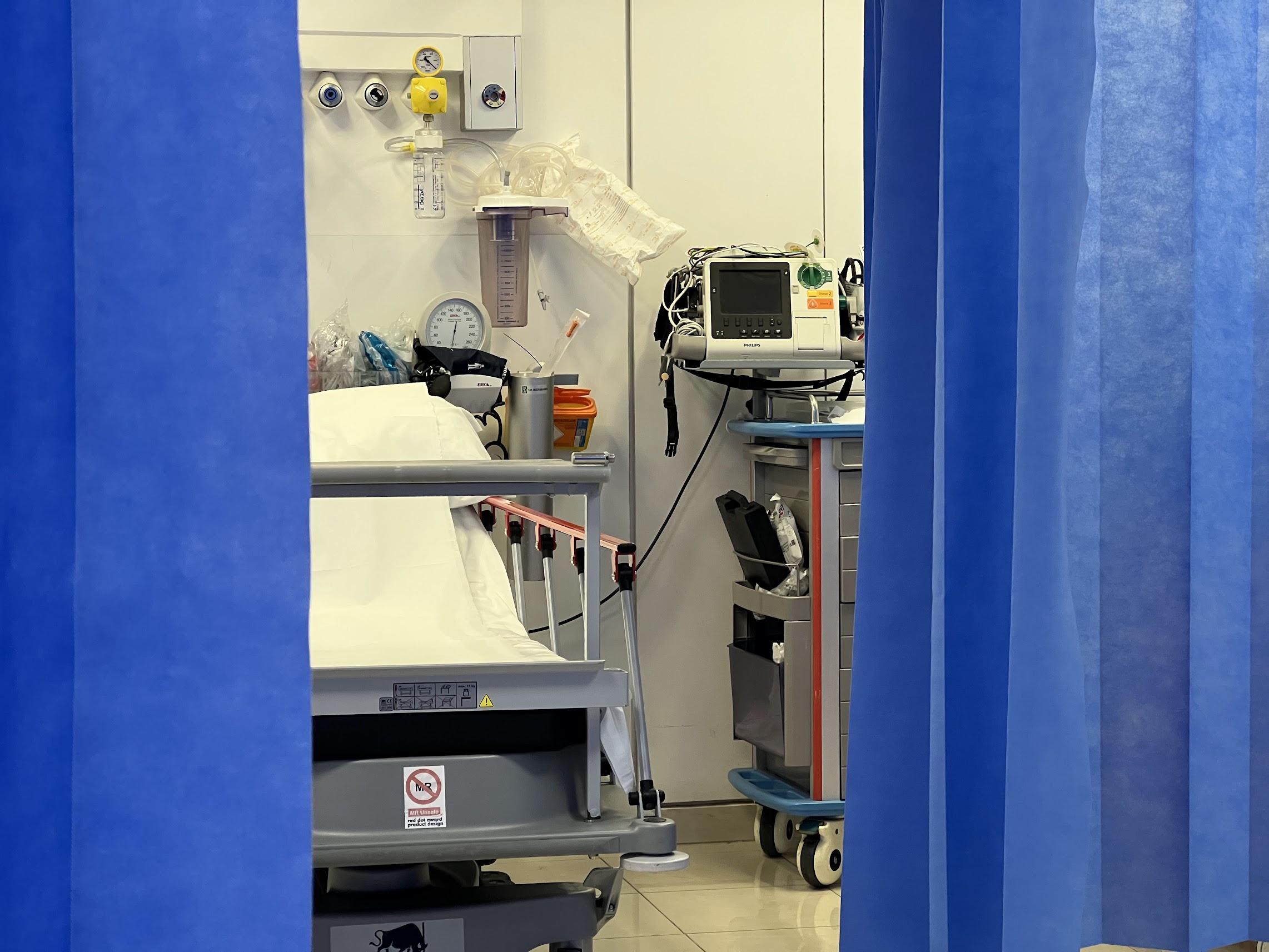
6. Health insurance:
- Public GESI from 70 euros per month;
- Private insurance from 150 euros per month.
- Taking out insurance is one of the first things you should do after moving to Cyprus, as it is expensive to get sick in Cyprus.
7. Transport:
- Bus ticket (within the city) - €1.50;
- Monthly travel pass (within the city) - 40 euros;
- Taxi ride - from 20 euros;
- Petrol - 1.5 euros per litre;
- Car wash - from 12 euros.
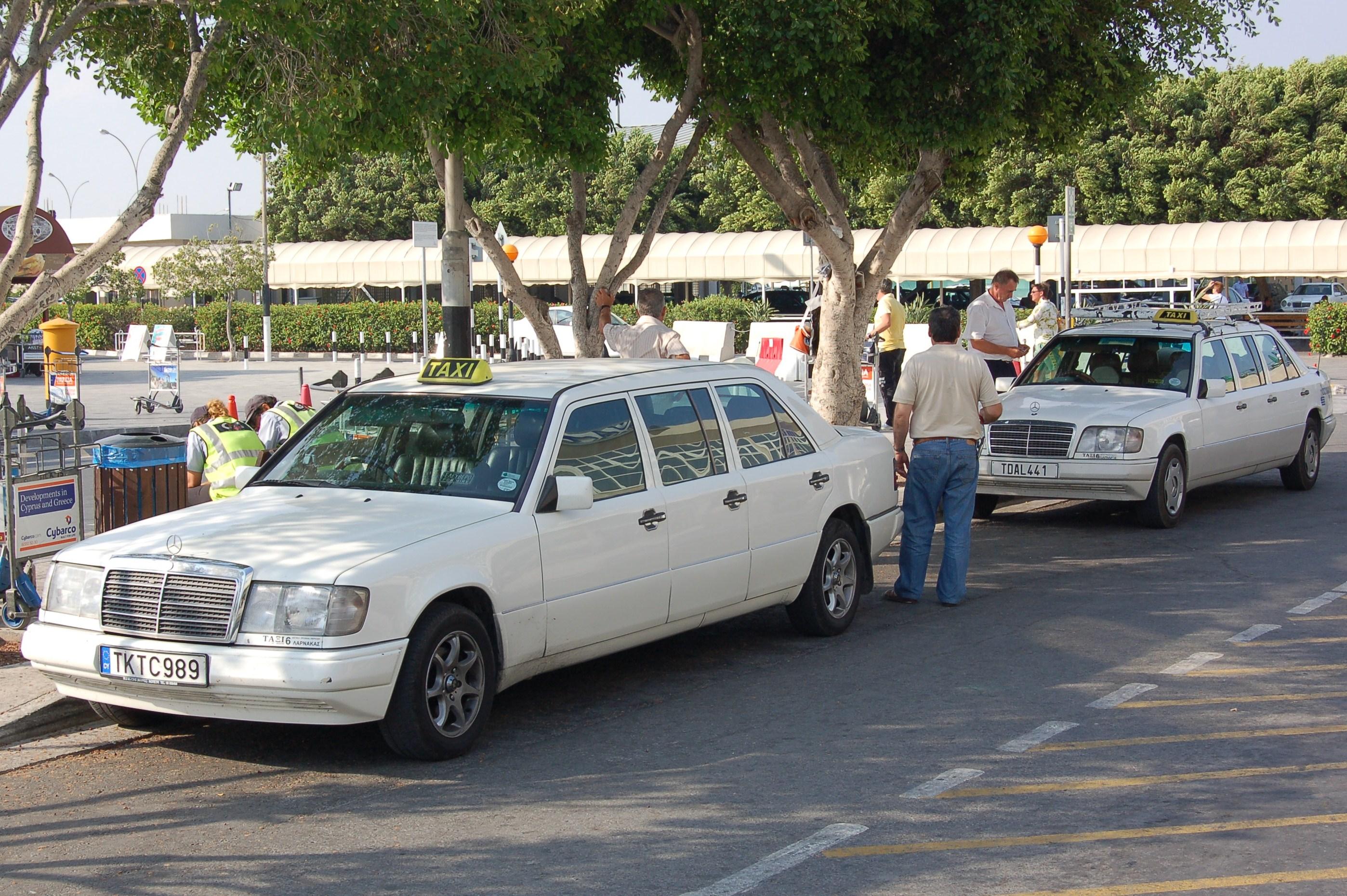
8. Leisure and entertainment:
- Lunch in a restaurant - from 100 euros for two people;
- Manicure - from 35 euros;
- Massage - from 50 euros;
- Haircut - from 40 euros;
- Gym - from 65 euros per month;
- Water park - from 17 euros per person;
- Cinema - from 10 euros per person.
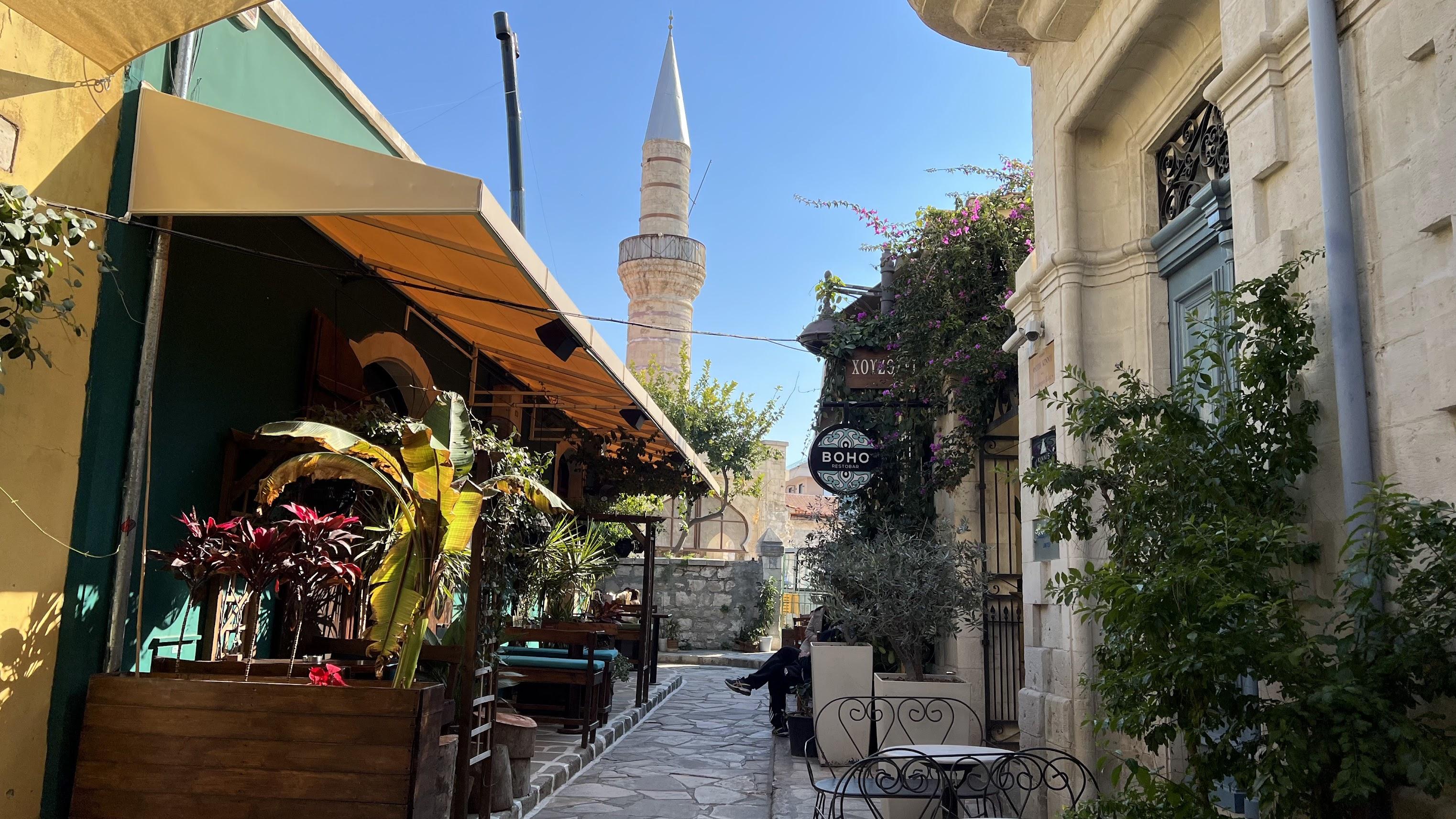
9. Shopping: Cyprus has clothing and footwear shops of all classes. On average, a pair of Levis jeans costs 70 euros, a pair of trainers from a well-known brand costs about 50-70 euros. A good business suit costs 100 euros and more, a pair of leather boots - from 70-100 euros.
10. Mobile communication and Internet: unlimited Internet (60 Mbit/s) costs 50-70 euros per month, mobile communication - from 20 euros.

In general, it turns out that our family of four spends on average about 5 thousand per month in Cyprus. For some people this will be normal, for others it will be unaffordable. But in Limassol you can hardly get by on anything less. Although I know people who live with two people on 2,000 euros in the worst of times. For me, it would more like survival.
Read also:

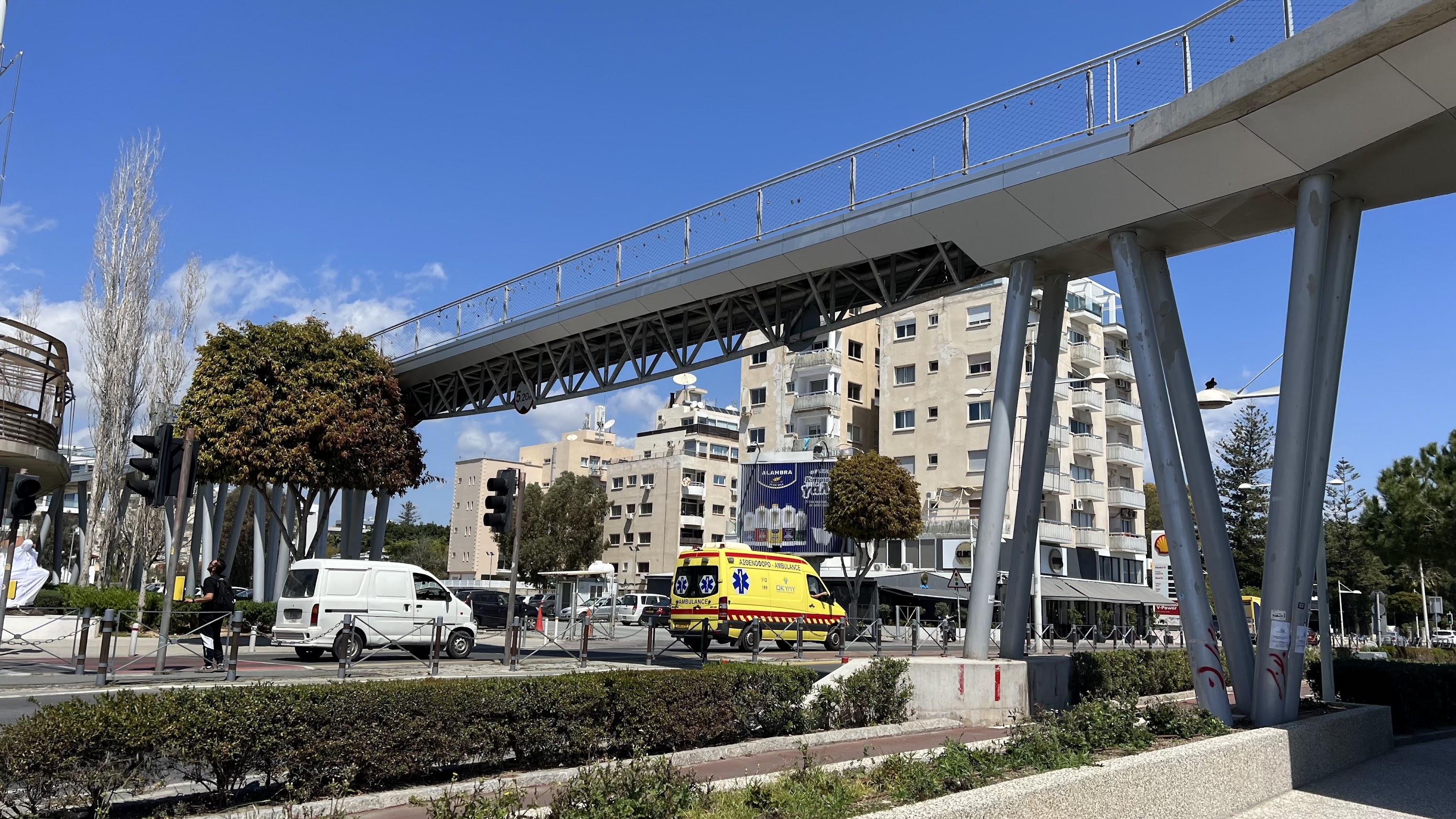

I spend approximately 1,700 euros/mo. Which includes my car rentals